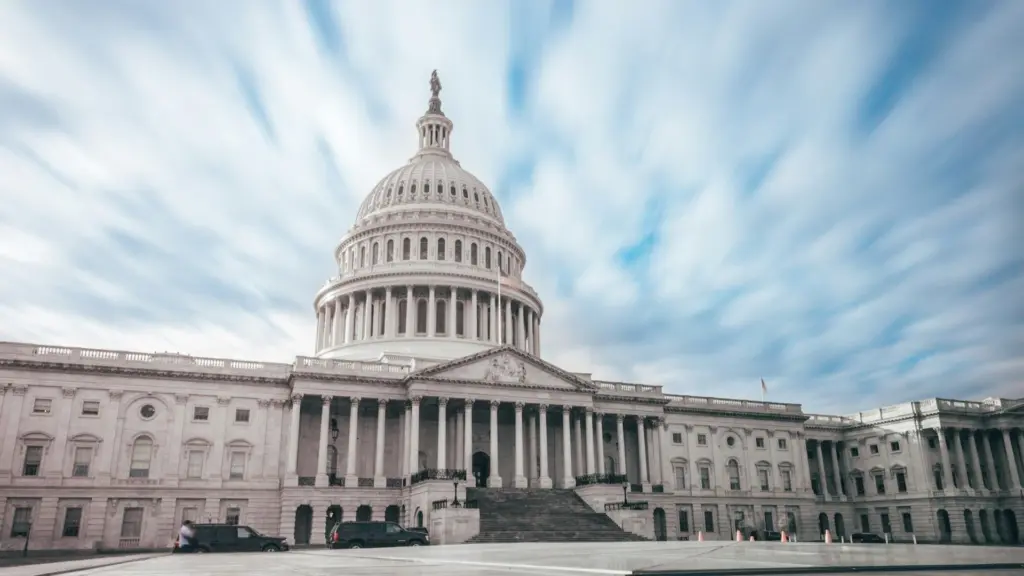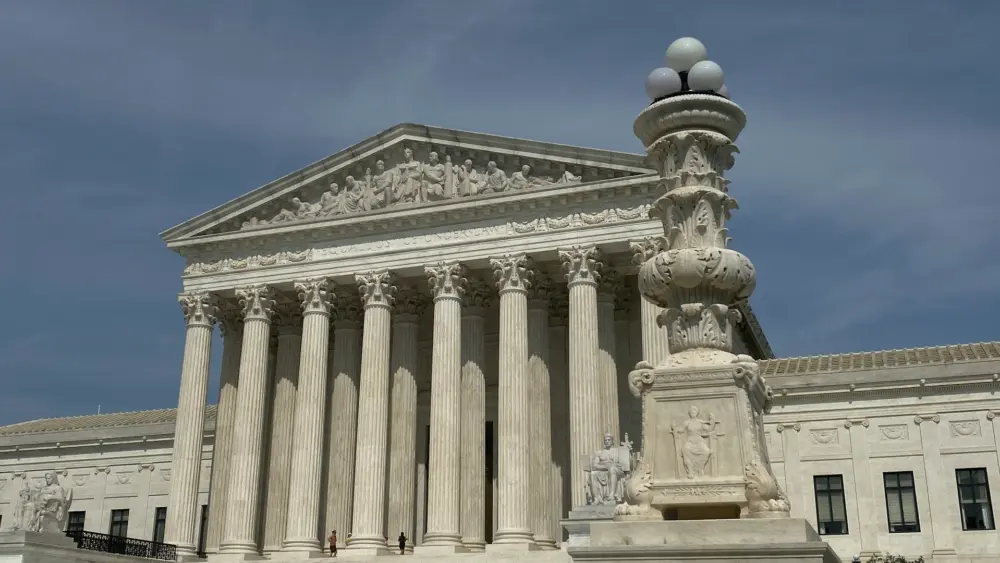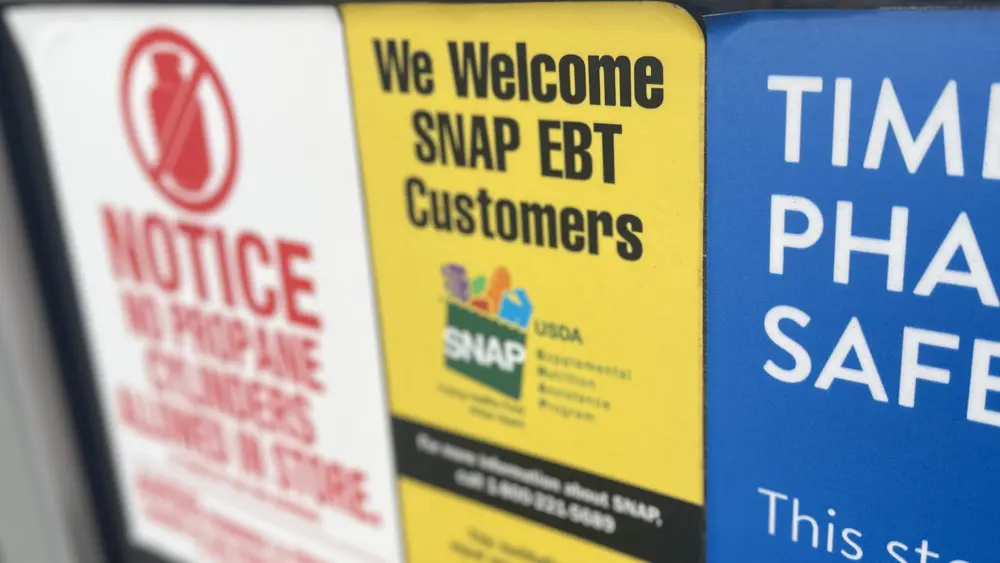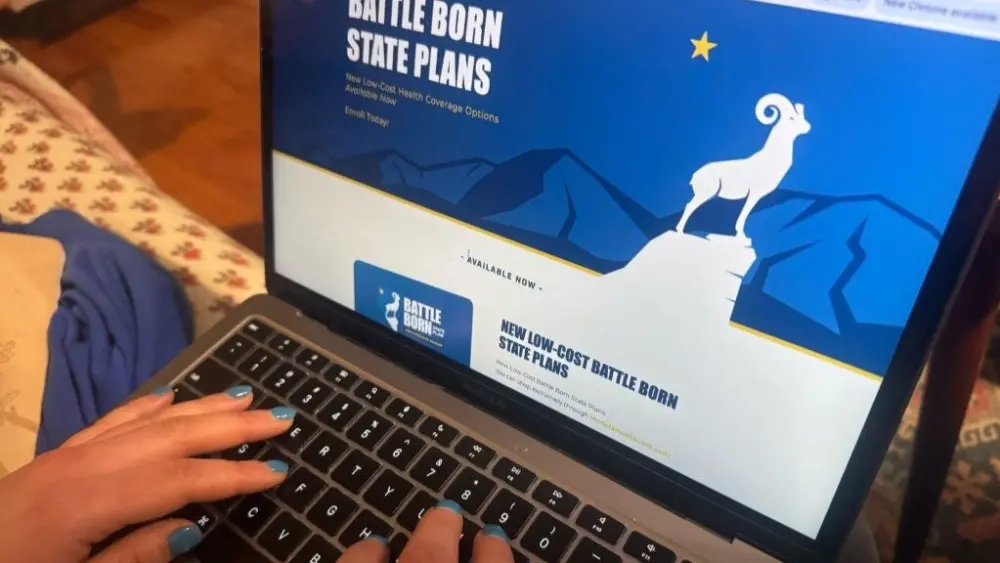WASHINGTON, D.C. – More than 50 nonprofit advocacy organizations and 24 members of Congress from across the aisle have thrown support behind a piece of legislation calling for immigration reform.
The Dignity Act of 2025, introduced in July, would establish a seven-year temporary legal status program allowing immigrants to live and work legally in the United States based on completion of certain tasks.
“We can enact legislation that incorporates both humanity and security, and the Dignity Act of 2025 offers a balanced approach that restores dignity to people who have tried to navigate a broken system for far too long,” said U.S. Rep. Veronica Escobar, D-Texas, a cosponsor of the bill.
The Paraprofessional Healthcare Institute, a nonprofit organization that advocates for direct care workers – those who help elderly people or people with disabilities – called on Congress to pass the Dignity Act in its recent workforce policy priority report.
More than one in four direct care workers are immigrants, according to the report. The organization also called on the Trump administration to moderate its approach to immigration enforcement.
“Immigrants improve long-term care staffing levels and support care continuity and quality – and more immigrants will be needed to fill expected job openings in the years ahead,” the report reads.
PHI estimates that 28% of all direct care workers are immigrants. It called on the Trump administration to issue expedited work authorization renewals for direct care workers in the United States.
The Dignity Act’s seven-year temporary legal status is only offered to immigrants who have been in the country for five years or more. The program requires immigrants to pass a background check, pay $7,000 in restitution over seven years, and they cannot receive federal benefits or a path to citizenship.
“The Dignity Act of 2025 is a revolutionary bill that offers the solution to our immigration crisis: secure the border, stop illegal immigration, and provide an earned opportunity for long-term immigrants to stay here and work,” said U.S. URep. Maria Salazar, R-Fla, a cosponsor of the bill
The National Association of Homebuilders, a homebuilding advocacy group, also endorsed the Dignity Act. In an Oct. 8 letter, NAHB cited labor shortages and the bill’s provision of domestic workforce training for its endorsement.
“The bill’s approach to addressing this issue pairs robust enforcement measures to curb illegal immigration with a fair and responsible pathway to permanent work authorization for certain undocumented workers,” the letter reads.
Restitution funds received from participants in the Dignity Act’s temporary status program would go toward grants in states and organizations for apprenticeship and job education training for American citizens.
The National Hispanic Christian Leadership Conference, one of the largest Hispanic evangelical organizations in the United States, also endorsed the Dignity Act.
“This act respects and upholds the rule of law and provides a resolution for immigration ambiguity,” said Samuel Rodriguez, president of the NHCLC. “We support this act because it provides a path forward for good, God-fearing, hard-working men and women who have created a life here through dedicated hard work.”
The U.S. Chamber of Commerce, American Business Immigration Coalition, U.S. Reps. Mike Lawler, R-N.Y., and David Valadado, R-Calif., are among the more than 50 organizations and 24 lawmakers backing the bill.
“I’ve heard a lot of frustration, both from employers struggling to fill jobs and families looking to reunite with their loved ones,” Lawler said. “We must do this by fixing our broken legal immigration system, securing our borders, and creating a fair, earned process for those who are already here and contributing.”
While the 2025 bill has received large bipartisan support, an iteration of the proposal in 2023 did not receive a vote and failed to pass.





